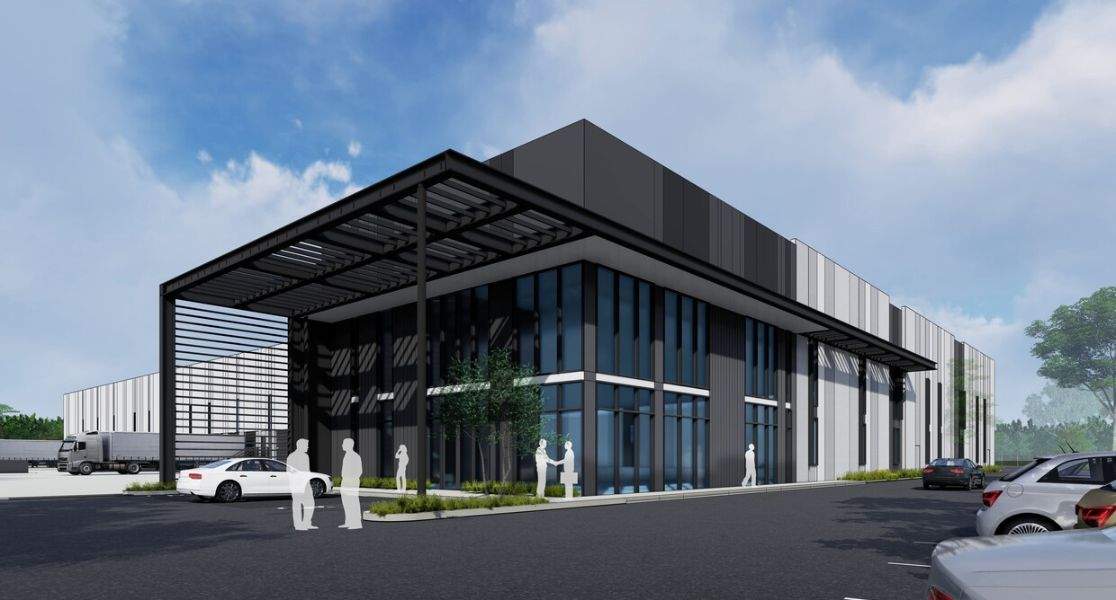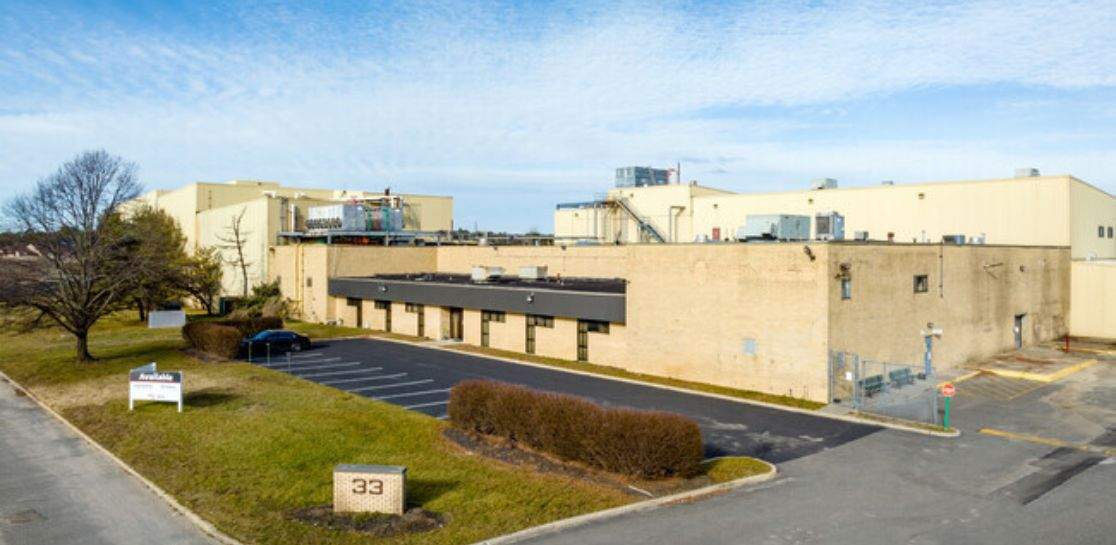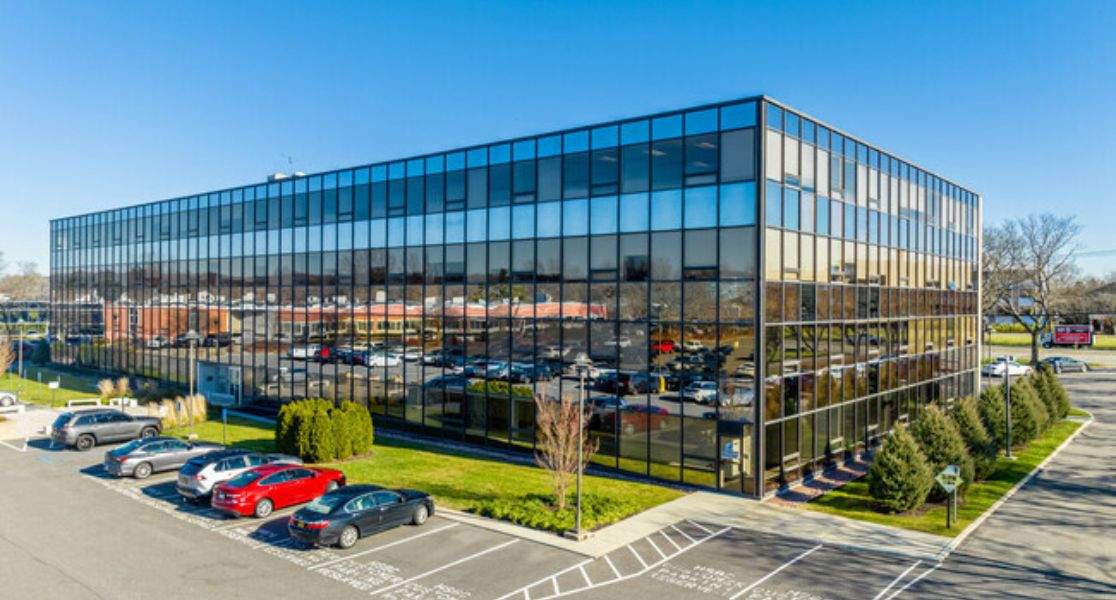
If you’re looking to invest in real estate it’s important you choose the right investment type for you. There are many differences between commercial properties and residential investments. So which one works best for you? In this article we cover ‘pros’ of commercial and residential real estate, so you can decide for yourself.
5 Pros of Investing in Commercial Real Estate
1. Easier to Increase Value of a Commercial Property
As an investor you’re looking to maximize the value of your investments. The market value of commercial real estate is on its ability to generate revenue, with some consideration to comparable properties in the area.
Increasing the net operating income is a simple way for investors to increase value of a commercial property. One way to do this is to increase the tenant rent prices.
Residential real estate gets valued on comparable properties in the neighborhood. Characteristics such as bedroom quantity and size, bathrooms, and more impact the valuation.
If a property in the area holds the same characteristics, chances are they will have a similar price.
As a residential real estate investor, if you want to increase the value of the property, you will have to undergo internal renovations. This includes raising the curb appeal, or adding new units to the home. This process involves hiring and paying a contractor to do construction, or city approval to add new units.
2. Longer Lease Terms
Tenant leases in commercial real estate range from a year to five years on average. In other cases, leases can run for ten to fifteen years. Ten to fifteen year leases are common among Triple-net lease properties. For residential investments it is common to have month by month up to a year lease terms on average.
Benefits to long-term leases include lower turnover costs and vacancy rates, and a reliable cash flow. Longer leases have fewer worries and expenses associated with turnovers and vacancies.
3. Higher Income
When compared to residential real estate, commercial properties have potential for higher income. Depending on the market, commercial buildings have an expected six to twelve percent return on investment (ROI).
According to the National Council of Real Estate Investment Fiduciaries (NCREIF) Property Index, commercial investments hold an average return of 12.7 percent. In residential investments you can expect a 1 to 4 percent ROI.
4. Greater Diversity in Commercial Properties
Commercial real estate falls under many categories. There are office, industrial, retail, multi-family, land properties and more. The diversity of categories and options in commercial real estate is attractive to investors.
Depending on the potential market you are seeking as an investor, different types of commercial properties will require different strategies and needs. Despite this challenge, the ability for you to diversify their investment portfolio can provide greater protection during market turmoil.
Residential real estate also has many categories. There are single-family homes, multi-family homes, condominiums, townhouses, mobile homes, and more.
The difference with commercial real estate is that they serve a purpose for different businesses and industries. Residential properties’ sole purpose are to provide people with shelter. For many, residential real estate is a safer investment because the demand for shelter is always there.
5. Limited Hours of Operation
Many argue commercial real estate has the ability to provide a greater work/life balance. As mentioned, commercial properties consist of business tenants. Most businesses have daytime hours of operation and they go home.
With residential real estate, your tenants are there 24 hours a day, 7 days a week, and 365 days a year. As a residential landlord it’s not uncommon for you to receive calls, complaints, or requests from tenants on nights and weekends. You must be available and attentive, even during inconvenient situations.
Pros of Investing in Residential Real Estate
1. Residential Investments More Resilient During Economic Turmoil
Residential properties withstand economic turmoil better than commercial properties. In the event of a market downturn or recession, the retail sector is likely the first to be impacted. Retailers lose customers and sales, and many times can’t afford to continue rent payments. This leads to store closures and vacancies in retail strip centers, malls, and more.
In addition to the retail sector suffering, office and industrial can see negative effects as well. Many companies that rely on retail e-commerce or manufacturing of goods, will see reduction in demand and profit. As a result, more spaces will be vacated or suffer rent delinquency.
As a commercial real estate investor this largely affects your investments. If a commercial tenant defaults on their rent payments, or are delinquent, this can lead to legal issues. The legal issues can lead leave you with costly attorney fees and a lengthy court battle.
In addition, a vacant space not only leads you with less monthly income, it becomes an added challenge to replace the tenant. During market downturn retail spaces can remain vacant for lengthy periods of time.
2. Lower Barriers to Entry For Investors
Investing in residential real estate has lower barriers to entry. Understanding and getting the ropes of residential real estate investing is easier. Many of us have rented a space in our lives, and understand the landlord-tenant relationship from a tenant perspective. It’s easier to know what makes a good landlord and what to expect from renters when you’ve been a tenant.
Also, it requires less capital to invest in residential real estate. Commercial properties generally require more money, research, and evaluation. The risks are also higher. Commercial real estate investors usually start out in residential, have more capital to spend, or are bigger risk takers.
3. Larger Buyer Pool & More Demand
Residential real estate has a steady demand in a large percentage of the country. For commercial properties, there are many distressed and vacant buildings over the U.S. with very little demand to fill them.
As discussed, everyone needs a place to live and shelter. The millennial generation is renting apartments and spaces longer than previous generations. Renting out a space also takes a short period of time. The average time to find a tenant is thirty to forty-five days in most areas.
4. Residential Deals Are Easier to Analyze
Producing income with residential deals happen in three ways: cash flow, appreciation, and equity buildup through paying down a loan. For residential real estate, common terms you must know are capitalization rates (cap rates), cash-on-cash- return, and return on investment (ROI).
For commercial real estate these are also terms to know, plus other details. For commercial properties you have to familiarize yourself with Debt Coverage Ratio (DCR), Price Per Unit, Price Per SF (PSF), building classifications, zoning classes, and various types of leases.
Other additional details you need to know for commercial properties are the maintenance records, expenses, environmental reports, and the “trailing 12” or 12 month profit-and-loss (P&L) statements.
5. Looser Zoning Laws
Commercial real estate investors face more difficulties and challenges with zoning laws, and building permits. Property owners who want to re-develop or expand a commercial space require a lengthy process with the government.
Zoning laws for residential properties see less strict rules and regulations, usually on a smaller scale.
Which Investment Type Delivers a Better Return on Investment (ROI)?
The return on investment (ROI) varies greatly depending on many factors. When determining cap rates you must look at the location, availability of inventory, asset type, and more. There is great debate whether commercial real estate or residential provides the better ROI. Experts agree nationally that a good cap rate is around 10 percent.
The question to ask yourself is which investment type is right for you? Both residential and commercial real estate have their pros and cons. It’s important to understand what each type requires including capital, knowledge, commitment, and risk.
Questions regarding commercial real estate? Leave us a message here.






